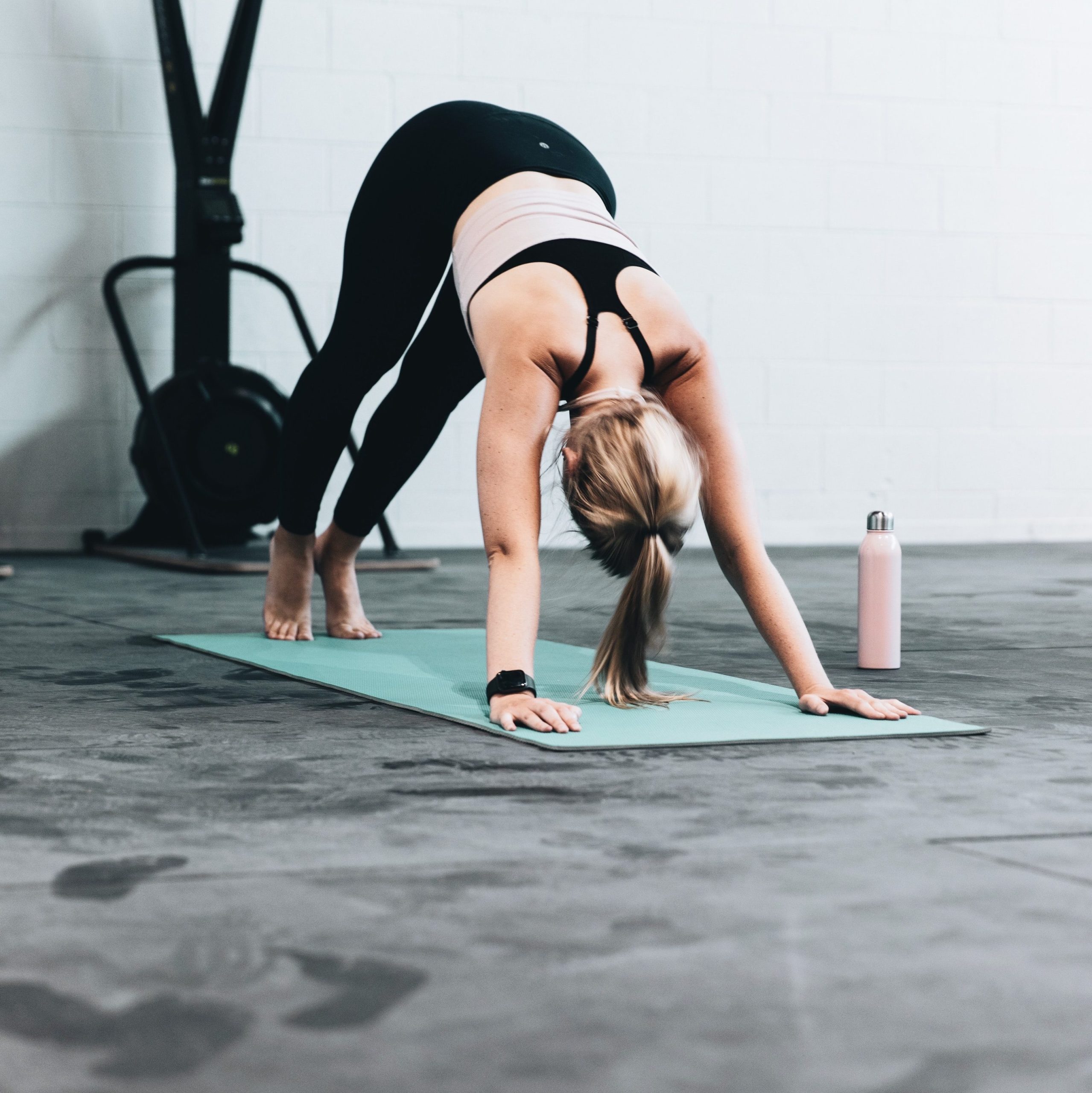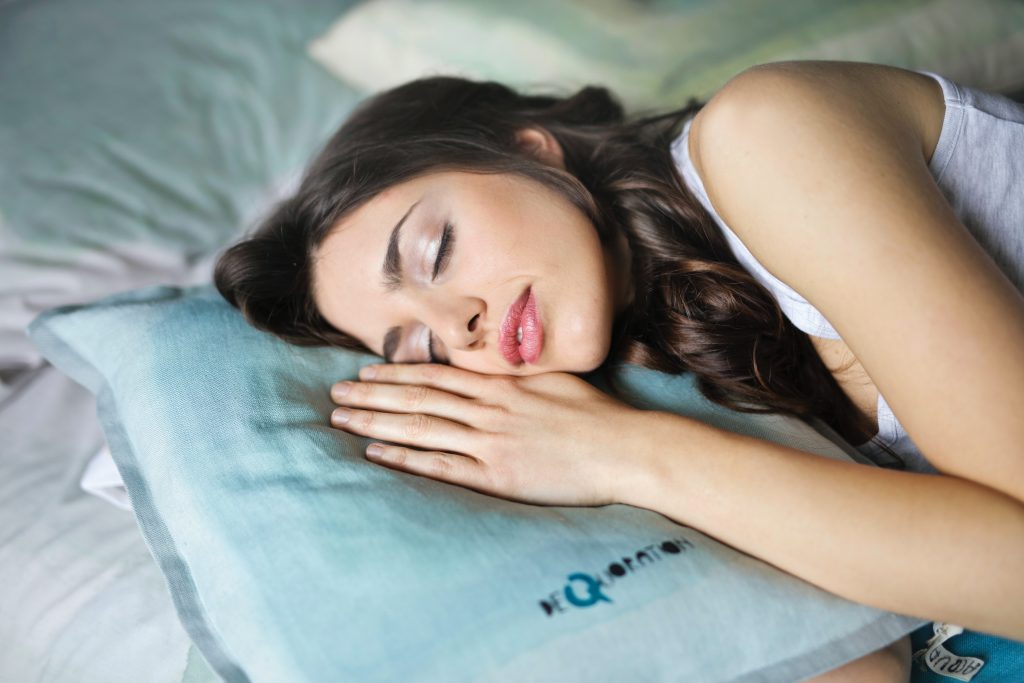Being an international student can certainly be an exciting experience. Getting to travel to a different country, experiencing a different culture while studying your dream career is definitely a big achievement.
However, with great achievements, sometimes comes a lot of responsibility that can generate unusually high stress levels, also combined with the anxiety that might come from having to adapt to life in a new place and far away from your support group (family, friends or romantic partners).
Even though I haven’t been in an educational exchange program, I’ve also had to adapt to a new lifestyle after moving to a big city from a small town and I have dealt with high amounts of stress and anxiety of the uncertainty of the future after I had moved far from my loved ones. During this time, I had to seek help and learned a few strategies to help you cope with these feelings, and I would like to share them with you today.
It is important to note that stress is not the same as a mental health disorder, such as anxiety, but high stress levels could instead increase the risk of developing an anxiety disorder.
1. Take a break
Sometimes we’re so focused on doing well academically that we start to neglect some of our very important body needs, like drinking enough water, eating three meals a day, or even going to the bathroom with more frequency.
Scheduling short breaks into your daily routine (5 to 10 minutes) where you can put aside what you’re doing and do some light stretching, go for a short walk or do breathing exercises, can help you with lowering your stress levels in a way that can help increase your productivity. We’ll discuss breathing exercises in the next point!
2.Breathing exercises
 Did you know that hyperventilation is caused by a reduction of carbon dioxide on your blood, which occurs when your breathing is accelerated?
Did you know that hyperventilation is caused by a reduction of carbon dioxide on your blood, which occurs when your breathing is accelerated?
Hyperventilation is a physical symptom of high stress and/or anxiety, and it is typically experienced when having a panic attack. In order to avoid hyperventilating, it is important that you practice slow breathing and I’d like to present you two tips to achieve this:
- Breathe in for four seconds, and then hold your breath for seven seconds. Then you can exhale in eight seconds and repeat this several times. It is important to spend a longer time exhaling than you do inhaling.
- You can breathe in and out in sync with this gif! You can download and keep it in your mobile device so that you have easy access to it, in case you need it.
 . (Source:https://www.duffthepsych.com)
. (Source:https://www.duffthepsych.com)
3. Keep a healthy, balanced diet, avoiding too much caffeine, nicotine or alcohol
A diet rich in vitamins and minerals (found in fruit and vegetables) can also help you when you’re suffering from stress and anxiety, since a well nourished, strong body can cope better with both of these, therefore, try to not skip any meals!

Additionally, try to decrease your caffeine, nicotine and alcohol intake. Caffeine and nicotine are stimulants that can worsen anxiety symptoms and alcohol is a depressant of the nervous system, which can contribute to enhancing any bad feelings you have about a specific situation, and if you’re using it to relax or cope, which can cause you to become dependent on it.

4.Exercise
 Did you know that exercise releases chemicals called endorphins into your body? Endorphins are also known as “feel good chemicals” which can have a calming effect on somebody that is stressed and/or anxious.
Did you know that exercise releases chemicals called endorphins into your body? Endorphins are also known as “feel good chemicals” which can have a calming effect on somebody that is stressed and/or anxious.
After I had just moved to a different city, I started to become depressed and started to receive counseling to deal with the anxiety of having to adapt to an entirely new place. My psychologist recommended that I exercise everyday for at least 30 to 40 minutes, and I did as she told me, even though back then, I felt tired all the time. It did work to lower my anxiety and stress levels, and to make me feel better overall. In addition to helping improve your mental health, exercise can also help your physical health by decreasing the risk of developing illnesses such as diabetes and high blood pressure.
5. Get enough sleep
Stress and anxiety can definitely prevent you from having a good night’s sleep, but did you know it can also be the other way around? Not sleeping enough can also bring your body to experience higher levels of stress and anxiety. Sleep deprivation can also affect your learning skills and memory.
Learning how to breathe, a healthy diet and regular exercise can certainly help with sleeping issues, but another thing that can help is avoiding the use of screens for at least 30 minutes before your bedtime. I find that lavender essential oil rubbed on my temples or sprayed on my pillow is an excellent aid when I’m having sleep problems.

It is important to acknowledge that sometimes we need professional advice to help us overcome anxiety so we encourage you to seek help. Some colleges or universities offer free counseling sessions for their students, and we recommend that you reach out to your international student advisor so that they can guide you towards the resources that might be available to you as an international student.
In the meantime, we hope this simple lifestyle advice can help you be more relaxed and less anxious so you can fully enjoy the international education experience!

Studying abroad can be a thrilling yet overwhelming experience, and stress and anxiety can become an unwelcome companion. This article offers simple yet effective tips to manage those feelings, such as taking short breaks to stretch, doing breathing exercises to lower stress levels, keeping a healthy diet, exercising, and getting enough sleep. It also highlights the importance of seeking professional help when needed and reaching out to the resources available for international students. By following these lifestyle tips, students can enhance their well-being and fully enjoy the benefits of studying abroad.